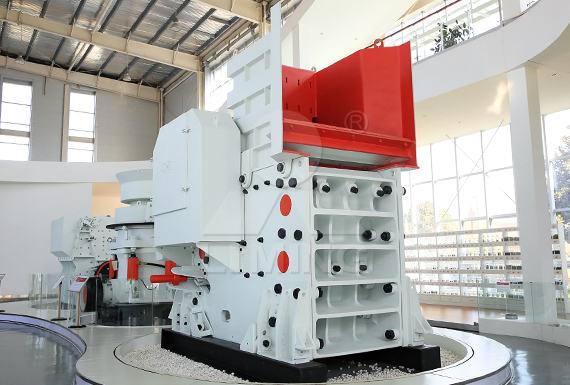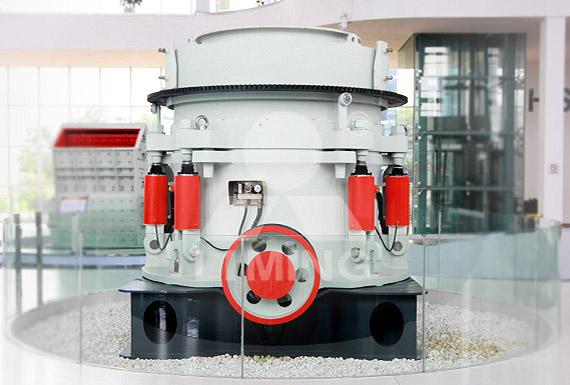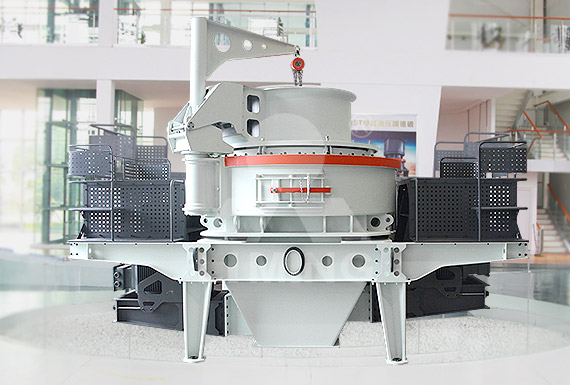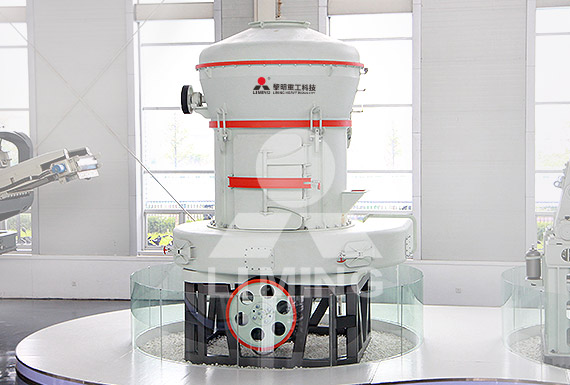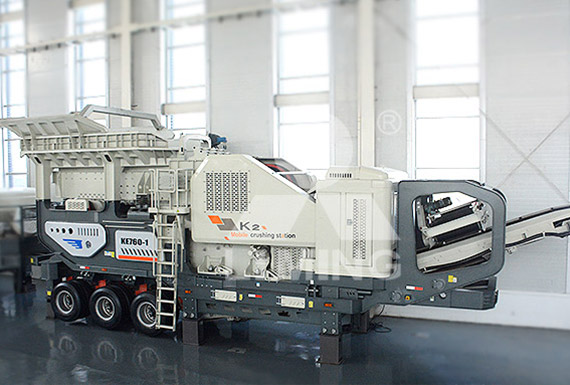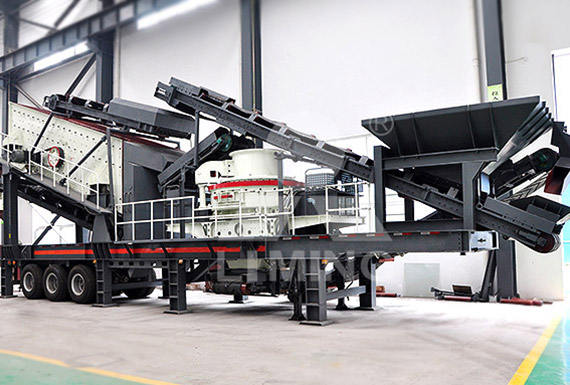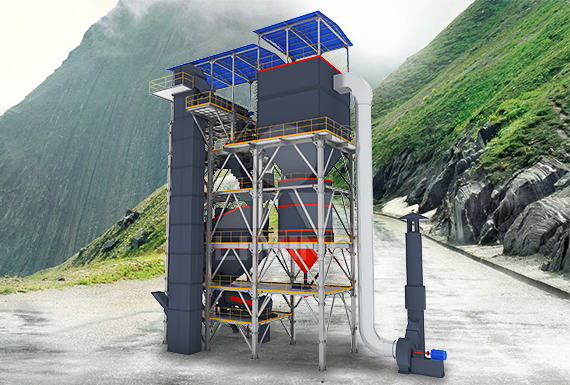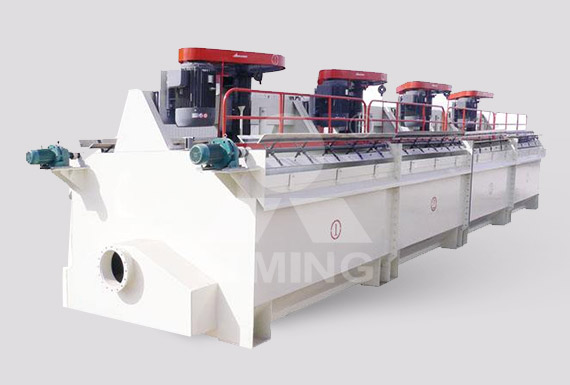المنتجات الساخنة

Cement Crushing and Grinding Plant SBCCO-CEMENT
Using the clinker production line, limestone raw material can be crushed, homogenized, dried, preheated and decomposed, sintered, cooled, ground, processed into cement finished product, then transported and packaged automatically. This line is also environmentally friendly and ensures a dust-free process.
Contact
Cement Production And Crushing
3 Cement production 31 Introduction 32 Cement production process 321 Crushing of limestone alumina etc 322 Dryingmixing 323 Coarse grinding 324 Dosagemixing 325 Burning the raw mealcooling the clinkers 326 Cement clinker storage 327 Fine grinding of clinker 328 Cement storagetransport 4 Summary. Welcome to visit us! [email protected]
Contact
Preparation Of Cement Raw Material Cement Mill, Cement Crusher
The cement raw materials is formed with calcareous materials, clayey materials and slight corrective material in appropriate proportion, and grinded into certain fineness. The raw material production of cement plant can be classified into four
Contact
How Cement Is Made
The most common way to manufacture portland cement is through a dry method. The first step is to quarry the principal raw materials, mainly limestone, clay, and other materials. After quarrying the rock is crushed. This involves several stages. The first crushing reduces the rock to a maximum size of about 6 inches.
Contact
THE CRUSHER IN CEMENT INDUSTRY Crusher Mills, Cone
The cement industry in raw materials, a lot of use cinder power gypsum, blast furnace slag and other industrial wastes as cement additives, to produce high-quality stone crusher in cement industry,stone crusher in cement liming stone crusher promotes the transition of
Contact
Crushing Technology for Reducing Emissions in Cement Mines
Dec 24, 2021Mixed crushing is often used in cement production. Therefore, mixed crushing generally refers to a production process in which two raw materials are sent to a crusher in a certain proportion in cement production for crushing. Common types of mixed crushing include limestone and marl, limestone and shale, limestone and clay, etc.
Contact
cement manufacturing Cementindusneed
The cement manufacturing Process can be broadly classified into following activities Raw Material Acquisition Most of the raw materials used are extracted from the earth through mining and quarrying and can be divided into the following groups: lime (calcareous), silica (siliceous), alumina (argillaceous), and iron (feurriferous).
Contact
Cement Manufacturing Process Phases Flow Chart
Aug 30, 2012Cement Manufacturing Process Phase 1: Raw Material Extraction Cement uses raw materials that cover calcium, silicon, iron and aluminum. Such raw materials are limestone, clay and sand. Limestone is for calcium. It is combined with much smaller proportions of sand and clay. Sandclay fulfill the need of silicon, iron and aluminum.
Contact
Cement Industry STONE CRUSHING PLANT
The experience in the crushing of aggregate field, together with 3D computer system designs, have allowed us to manufacture machines the cement industry. A very demanding sector, which requires: extremely reliable machines; very limited maintenance; high production. Our machines have proved to successfully meet all the requirements of the
Contact
cement production and crushing
crushing for cement production Know More. In the cement production line, we use cement crusher for cement crushing process, then we need cement mill for fine grinding stage As a kind of raw material mill, Cement mill is the equipment used for grinding the hard, nodular clinker from the cement kiln into the fine grey powder...
Contact
Cement Production an overview ScienceDirect Topics
Cement production is a thermal energy intensive process, consumed in the cement production is approximately 110 kWh/tonne. 30% of the electrical energy is used for raw material crushing and grinding while around 40% of this energy is consumed for grinding clinker to cement powder. Hence, global cement production uses 18.7 TWh which is
Contact
Cement Production And Crushing notarliberec
Cement Production Line Great Wall. cement production line is composed of equipment like crushing machine, grinding machine, rotary kiln, and packing machine etc we offer cement plants (capacity varying from : 300 tpd to 3000 tpd ) on turn key basis and have capabilities to undertake all aspects of the project from :- raw material analysis
Contact
Preparation Of Cement Raw Material Cement Mill, Cement
The raw material production of cement plant can be classified into four steps: crushing, grinding, mixing and homogenizing. Crushing: the limestone and other materials are crushed into small pieces by cement crusher, such as hammer crusher, cone crusher, jaw crusher, impact crusher, etc. Mixing: according to the requirement of clinker, compound
Contact
Cement production line crushing Plant Processing
Dec 20, 2013Is one of the largest raw material, the production of Cement limestone mining after particle size is larger, the hardness is higher, so the limestone crushing in Cement Clinker Processing Plant occupies more important position.Cement production line crushing Plant Processing . Raw material advance homogenization.
Contact
THE CRUSHER IN CEMENT INDUSTRY Crusher Mills, Cone
(China) — In China's cement industry, cement industry carries on the longitudinal development of sand and Gangue Crusher Used in Cement Industry Gangue crusher is used to crush gangue into fine powder for stone manufacture or cement raw materials or fuel.
Contact
Cement Crusher Crushers for Cement Plant AGICO Cement
Cement Crusher. Crusher is a kind of machinery that is widely used in the cement production industry. It is mainly used in the material preparation process to crush the raw materials into proper size particles. AGICO offers 4 types of crushers for cement plants: hammer crusher, jaw crusher, impact crusher, and cone crusher.
Contact
Cement Industry STONE CRUSHING PLANT
The experience in the crushing of aggregate field, together with 3D computer system designs, have allowed us to manufacture machines the cement industry. A very demanding sector, which requires: extremely reliable machines; very limited maintenance; high production. Our machines have proved to successfully meet all the requirements of the
Contact
Mobile Crusher, Mobile Crushing Plant For Sale Cement Plant
Mobile crusher, also called mobile crushing plant, mobile crusher plant.It is advanced crushing equipment that is developed by many experts, and its outstanding advantage is convenient move, small area occupied, also no need of the operating place, directly applied to the cement production line, because the mobile crushing plant can be built directly on the ore,
Contact
Cement Wikipedia
A cement is a binder, a substance used for construction that sets, hardens, and adheres to other materials to bind them together. Cement is seldom used on its own, but rather to bind sand and gravel together.Cement mixed with fine aggregate produces mortar for masonry, or with sand and gravel, produces concrete.Concrete is the most widely used material in existence and is
Contact
cement production and crushing
Cement Production an overview ScienceDirect Topics. Cement production is a thermal energy intensive process, This stage includes the process of siege, crushing, and prehomogenization Typical raw materials used for cement production have 85% cayenne, 13% clay or blackboard, and under 1% each of materials such as silica, alumina, and iron ore
Contact
Cement Production And Crushing
Cement production line includes crushing and pre homogenization raw material preparation homogenization preheating decomposition cement clinker sintering cement grinding and packaging etc CHAENG have the ability to built 300t d ~ 3000 t d cement production line independently And has extensive experience in the design and.
Contact
Crushing For Cement Production
Further ,.Cement Crushing Grinding Plant, In cement production process, cement crusher is very important since most of the raw materials will have to be crushed before being used to process cement, such as limestone, clay, iron ore and coal, etc Limestone is the largest amount of raw material during cement . of crushing of raw materials for
Contact
Cement production line crushing and calcination drying equipment
Jul 26, 2021The first process of producing cement is to crush the raw materials, and limestone is the main raw material for cement production. Because the limestone is quarried, the block is large and the hardness is high, so the jaw crusher that crushes limestone becomes the better raw material crushing equipment on the cement production line. There are
Contact
Cement Production an overview ScienceDirect Topics
Cement production is a thermal energy intensive process, consumed in the cement production is approximately 110 kWh/tonne. 30% of the electrical energy is used for raw material crushing and grinding while around 40% of this energy is consumed for grinding clinker to cement powder. Hence, global cement production uses 18.7 TWh which is
Contact
cement production and crushing schiesser-holzbau.ch
CEMENT INDUSTRY The experience in the crushing of aggregate field, together with 3D computer system designs, have allowed us to manufacture machines the cement industry. >>GET MORE Cement production process inclurock cement crushing
Contact
Crushing Cement Production
The raw cement ingredients needed for cement production are limestone (calcium), sand and clay (silicon, aluminum, iron), shale, fly ash, mill scale and bauxite. The ore rocks are quarried and crushed to smaller pieces of about 6 inches. crushing in cement industry. cement industry crusher and cement industry processing plant.
Contact
cement production and crushing
Primary crushing of limestone for the cement production requires high crushing ratios to reduce the run of mine material in one step down to the required grain size distribu-tion (approx. 0 25/80mm) for the raw material mills. One step crushing should al-ways be the aim to keep on one side investment costs and on the other side mainte-
Contact
Cement Production And Crushing
Cement production line includes crushing and pre-homogenization, raw material preparationhomogenization, preheatingdecomposition, cement clinker sintering, cement grinding and packaging etc. CFTC have the ability to built 500t / d ~ 2000 t /d cement production line independently, And has extensive experience in the design and construction
Contact
Cement Production And Crushing
Cement production line includes crushing and pre homogenization raw material preparation homogenization preheating decomposition cement clinker sintering cement grinding and packaging etc CHAENG have the ability to built 300t d ~ 3000 t d cement production line independently And has extensive experience in the design and.
Contact
Cement Manufacturing Process Phases Flow Chart Cement
Aug 30, 2012Cement Manufacturing Process Phase 1: Raw Material Extraction. Cement uses raw materials that cover calcium, silicon, iron and aluminum. Such raw materials are limestone, clay and sand. Limestone is for calcium. It is combined with much smaller proportions of sand and clay. Sandclay fulfill the need of silicon, iron and aluminum.
Contact
Cement Industry STONE CRUSHING PLANT
The experience in the crushing of aggregate field, together with 3D computer system designs, have allowed us to manufacture machines the cement industry. A very demanding sector, which requires: extremely reliable machines; very limited maintenance; high production. Our machines have proved to successfully meet all the requirements of the
Contact
Mobile Crusher, Mobile Crushing Plant For Sale Cement Plant
Mobile crusher, also called mobile crushing plant, mobile crusher plant.It is advanced crushing equipment that is developed by many experts, and its outstanding advantage is convenient move, small area occupied, also no need of the operating place, directly applied to the cement production line, because the mobile crushing plant can be built directly on the ore,
Contact
Cement Wikipedia
A cement is a binder, a substance used for construction that sets, hardens, and adheres to other materials to bind them together. Cement is seldom used on its own, but rather to bind sand and gravel together.Cement mixed with fine aggregate produces mortar for masonry, or with sand and gravel, produces concrete.Concrete is the most widely used material in existence and is
Contact
cement production and crushing
Cement Production Cement Sustainability Initiative The cement making mpl stone crushing Cement production process can be summarized as a two Crush and prehomogenization Crushing cement production process most of the material to be crushed crushing for cement production Newest Crusher Grinding .
Contact
crushing for cement production
Cement Crushing Plant Clinker Production Line . cement crushing plant process line mill China 2000tpd Dry Process Cement Plant China . Pengfei Group has the ability of supplying 6m rotary kiln, ball mill for cement production line with daily capacity of less than 10000tons, full set of compound fertilizer equipments with annual capacity of
Contact
cement production and crushing brikety-drevo
Oct 22, 2020Cement Production an overview ScienceDirect Topics. Cement production is a thermal energy intensive process, This stage includes the process of siege, crushing, and prehomogenization. Typical raw materials used for cement production have 85% cayenne, 13% clay or blackboard, and under 1% each of materials such as silica, alumina, and iron ore.
Contact
Cement: Materials and manufacturing process Greenspec
A ball mill is a rotating drum filled with steel balls of different sizes (depending on the desired fineness of the cement) that crush and grind the clinker. Gypsum is added during the grinding process to provide means for controlling the setting of the cement. The cement is bagged transported for concrete production.
Contact